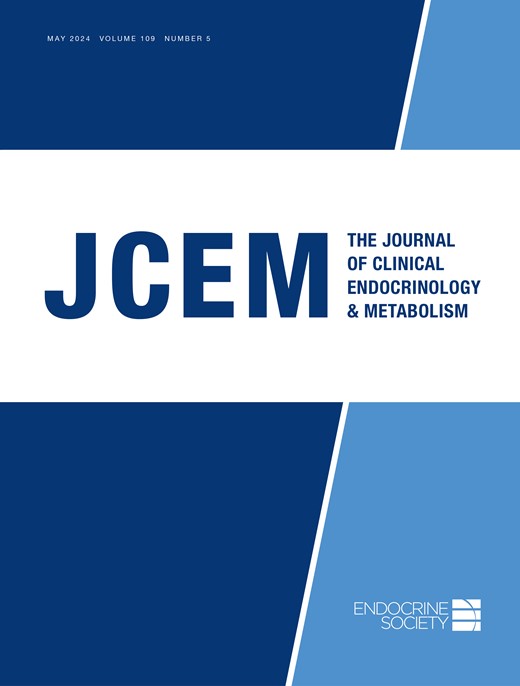Dietary methionine restriction increases fat oxidation in obese adults with metabolic syndrome.
Abstract
Objective: In preclinical reports, restriction of dietary methionine intake was shown to enhance metabolic flexibility, improve lipid profiles, and reduce fat deposition. The present report is the outcome of a "proof of concept" study to evaluate the efficacy of dietary methionine restriction (MR) in humans with metabolic syndrome.
Methods: Twenty-six obese subjects (six male and 20 female) meeting criteria for metabolic syndrome were randomized to a diet restricted to 2 mg methionine/kg body weight per day and were provided capsules containing either placebo (n = 12) or 33 mg methionine/kg body weight per day (n = 14). Energy expenditure, body composition, insulin sensitivity, and biomarkers of metabolic syndrome were measured before and after 16 wk on the respective diets.
Results: Insulin sensitivity and biomarkers of metabolic syndrome improved comparably in both dietary groups. Rates of energy expenditure were unaffected by the diets, but dietary MR produced a significant increase in fat oxidation (MR, 12.1 ± 6.0% increase; control, 8.1 ± 3.3% decrease) and reduction in intrahepatic lipid content (MR liver/spleen attenuation ratio, 8.1 ± 3.3% increase; control ratio, 2.2 ± 2.1% increase) that was independent of the comparable reduction in weight and adiposity that occurred in both groups.
Conclusions: Sixteen weeks of dietary MR in subjects with metabolic syndrome produced a shift in fuel oxidation that was independent of the weight loss, decreased adiposity, and improved insulin sensitivity that was common to both diets.





